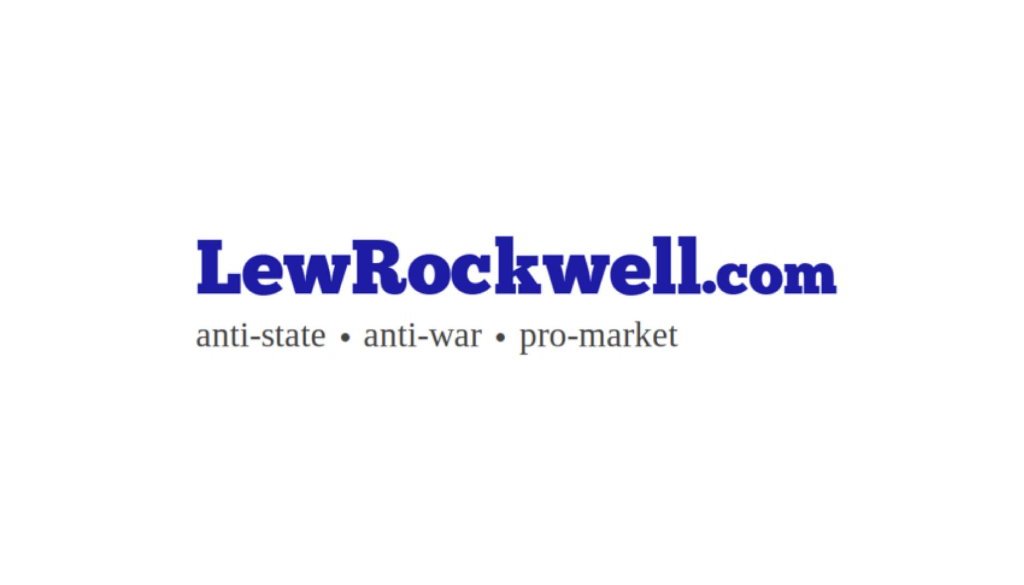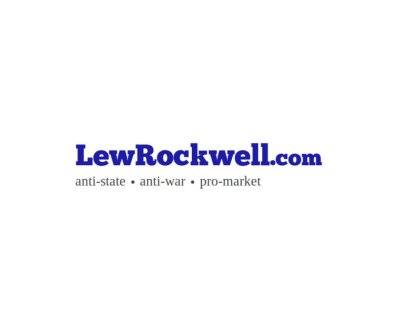When Hawks Cry ‘Divine,’ America Pays the Price
Now beating their battle drums, Washington’s war hawks currently posture as divine crusaders, insisting that America’s sacred mission is to shield the State of Israel lest “God may quit us.” They thunder on that America’s refusal to wipe out Iran—and its roughly 91 million people—is the equivalent to blasphemy.
But who truly shoulders the cost when they let slip the dogs of war to defend a state born in 1948, well after the biblical prophecies bolstering the bloodthirst of today’s Christian Zionists had already faded to footnotes?
This is a fight for survival, they insist. Yet this current fracas in the Middle East isn’t about defending holy writ—it is about preserving the wallets and lives of working-class patriots on the home front.
Dispensationalist theology is famous for cherry-picking scripture, claiming that the Bible earmarked modern Israel for divine favor, and that Ezekiel’s valley of dry bones and the miraculous births predicted by Isaiah foretold a sovereign Jewish state. But those chapters describe restoration centuries before the Church and Isaiah’s prophecy about the coming of John the Baptist and the virgin birth of Jesus Christ—not 20th-century geopolitics.
The State of Israel was proclaimed on May 14, 1948—just yesterday by prophetic standards. While age doesn’t disqualify prophecy, if sacred texts spoke so clearly of this nation-state, why did earlier political theologians spend their energies opposing European regimes rather than mapping out modern Zion?
Dispensationalism offers a systematic vision of biblical history, but it faces meaningful challenges fro
Article from LewRockwell

LewRockwell.com is a libertarian website that publishes articles, essays, and blog posts advocating for minimal government, free markets, and individual liberty. The site was founded by Lew Rockwell, an American libertarian political commentator, activist, and former congressional staffer. The website often features content that is critical of mainstream politics, state intervention, and foreign policy, among other topics. It is a platform frequently used to disseminate Austrian economics, a school of economic thought that is popular among some libertarians.



